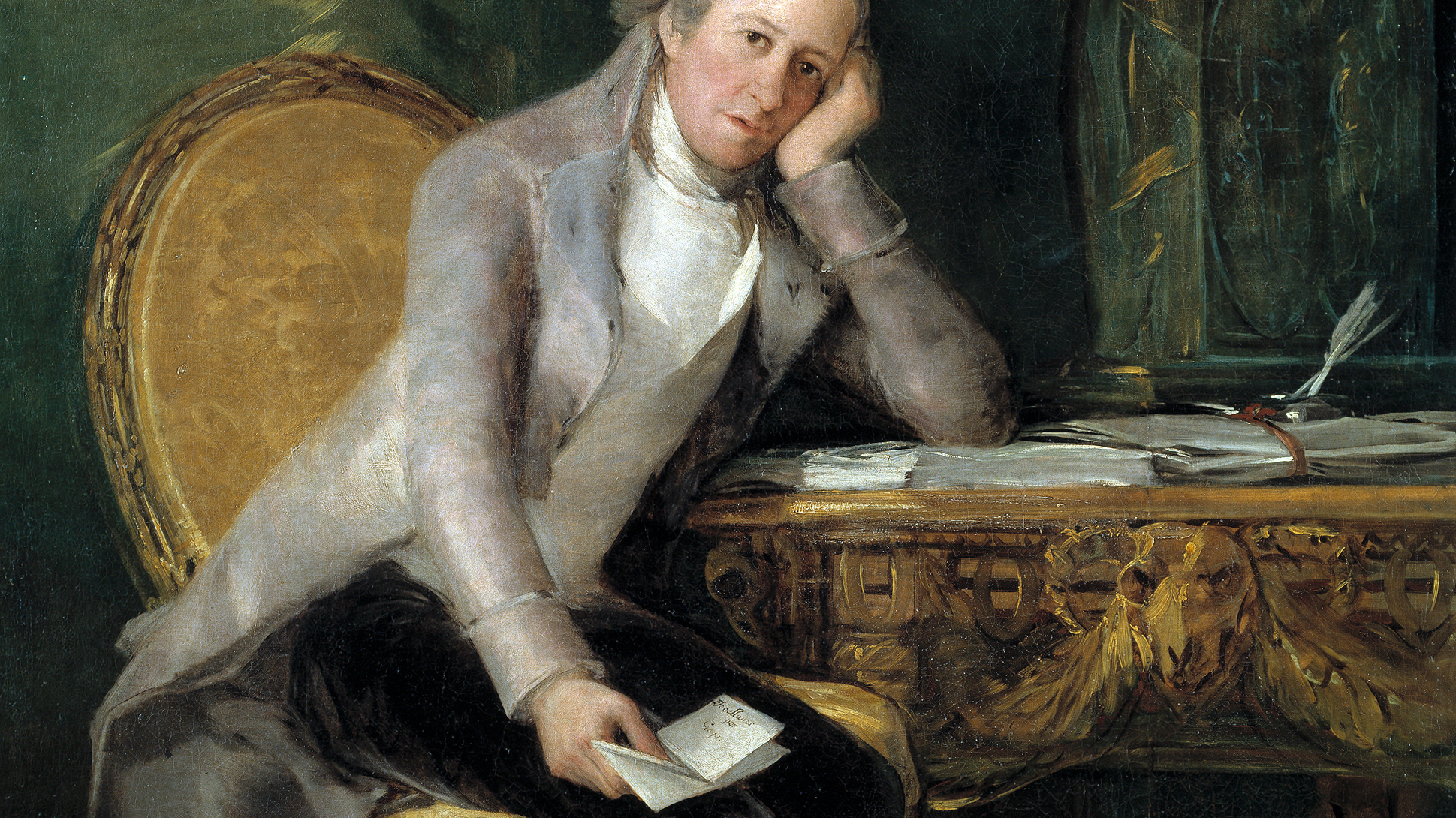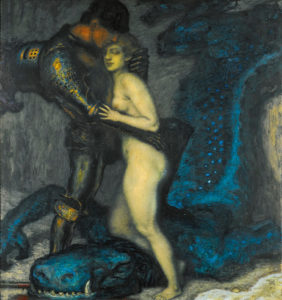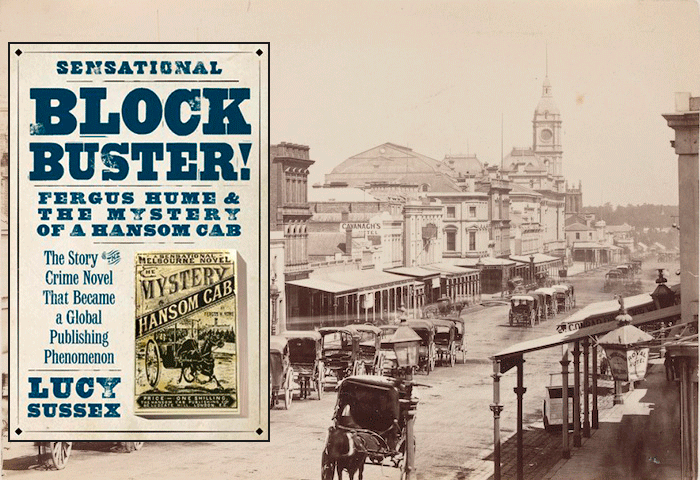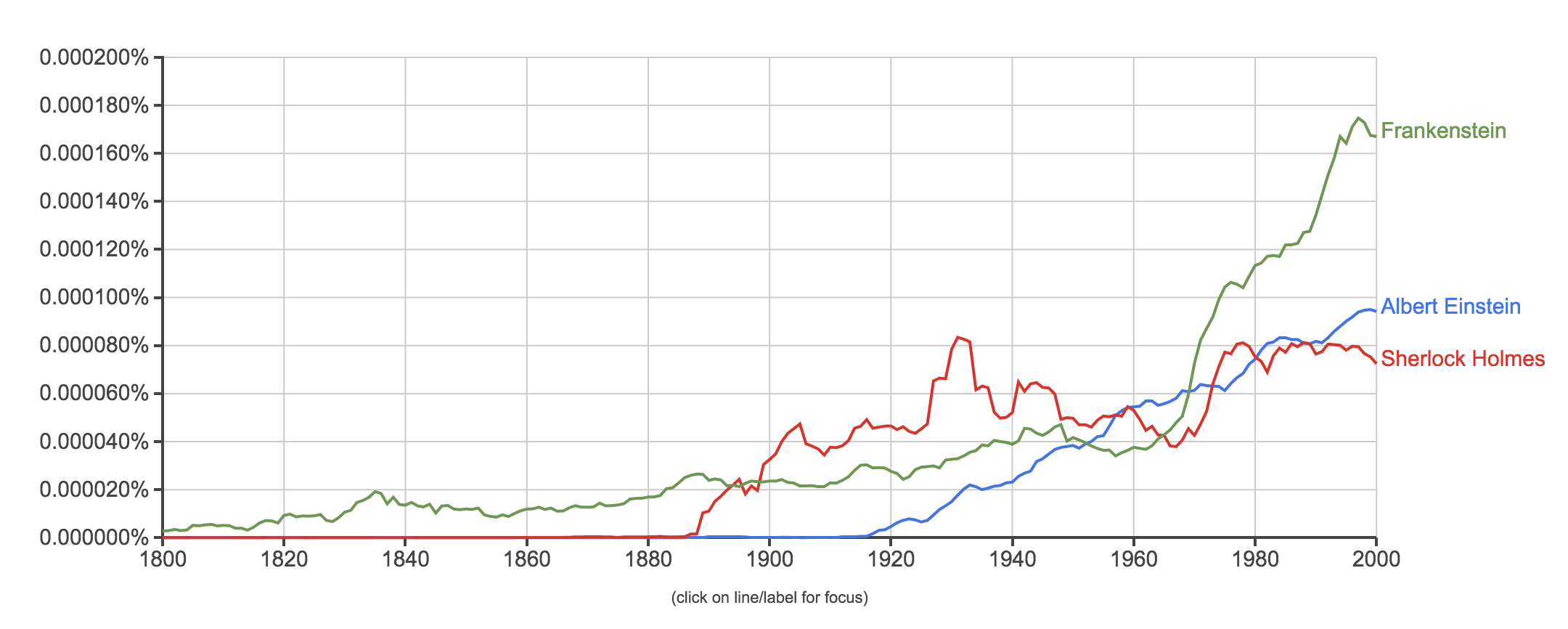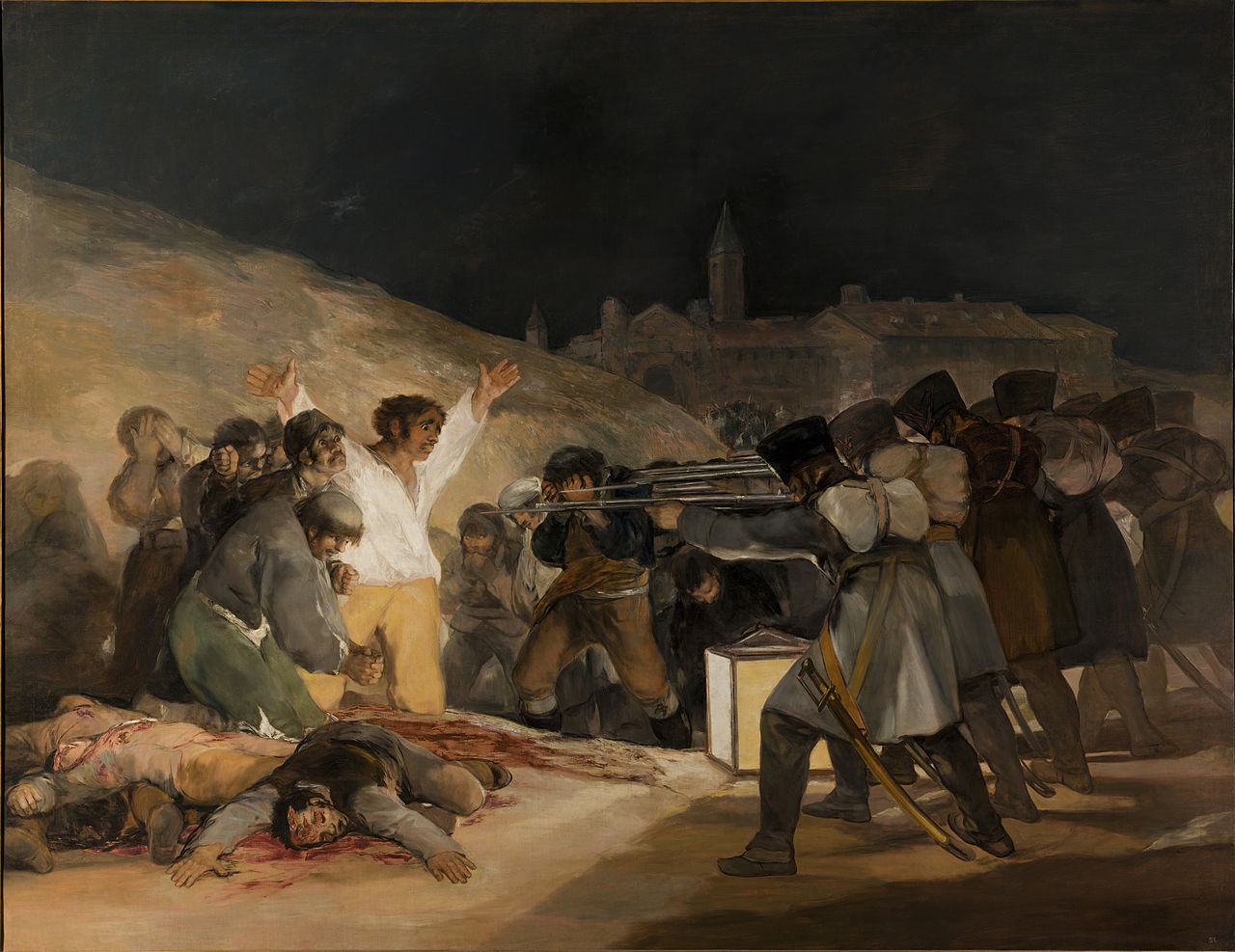Jovellanos :: Goya
What is the distinction between literary fiction and genre fiction? Are these sundered and foreign countries, or do they share a common border? If they do have uncertain geographies, debated borders, hesitant small zones of hashed-out landmass, belonging to neither and both, then where is this shadowed half-place? How do we know when we have crossed from one land into the other?
Genre is often defined as anything that isn’t literary, encompassing among other things Romance, Crime, Fantasy and Science Fiction. But this is unhelpful unless we can define what we mean by literary fiction without resorting to an endless circular tautology. And therein is the rub. ‘Literary fiction’ as a term isn’t itself a very useful one. ‘Mainstream’ or ‘general’ fiction are perhaps better at capturing the bookshop shelf that is often named ‘Literature’, although it is debatable whether bookshop shelving tells us much past which titles tend to sell better when shelved beside which other titles.


